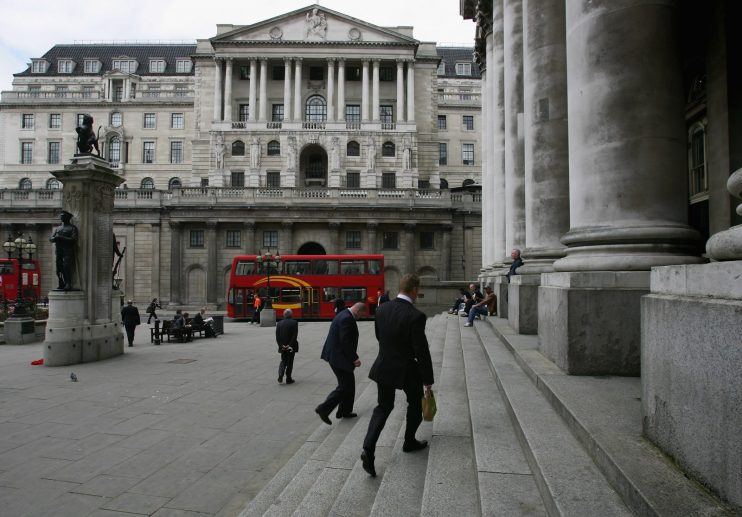Inflation to accelerate far ahead of Bank of England’s target as rate hikes loom

Inflation in the UK will soar far above the Bank of England’s target this year as the Russia-Ukraine war drives energy prices to record highs.
Accelerating prices will hit “almost all businesses and consumers” this year and choke economic growth, Thomas Pugh, an economist at RSM, warned today, adding that the cost of living could climb as high as nine per cent.
Surging oil and gas prices sparked by the Russia-Ukraine war has led economists at RSM to predict the energy watchdog could hike the price cap a further 75 per cent in October.
Threadneedle Street will trade off shielding economic growth and in exchange for taming inflation by hiking rates at each of its next four meetings and send borrowing costs to 1.75 per cent by November, according to Bank of America.
Rates have not been that high since December 2008, underlining how concerned the Bank is about the cost of living pulling ahead of its two per cent target.
Communication gaffes over the last year have “undermined [the Bank’s] ability to use words to control expectations,” analysts at Bank of America said.
As a result, lifting rates will be the Bank’s main tool to curb price rise expectations.
Poor wage growth coupled with elevated inflation will erode real incomes at one of the steepest rates in peacetime, Bank of America said, adding that household consumption, which accounts for around 60 per cent of UK output, will stagnate for the next 12 months.
Both RSM and Bank of America slashed their forecasts for UK GDP growth this year.
Commodities are widely used by producers across the economy, meaning higher prices will leave them with the choice of either operating with lower profit margins or raising prices to offset higher costs.
The latter increases the risk of creating conditions in which a wage/price could occur, in which workers demand higher pay to maintain their living standards, leading firms to raise prices even further.
Inflation is already at a 30 year high, hitting 5.5 per cent in January.